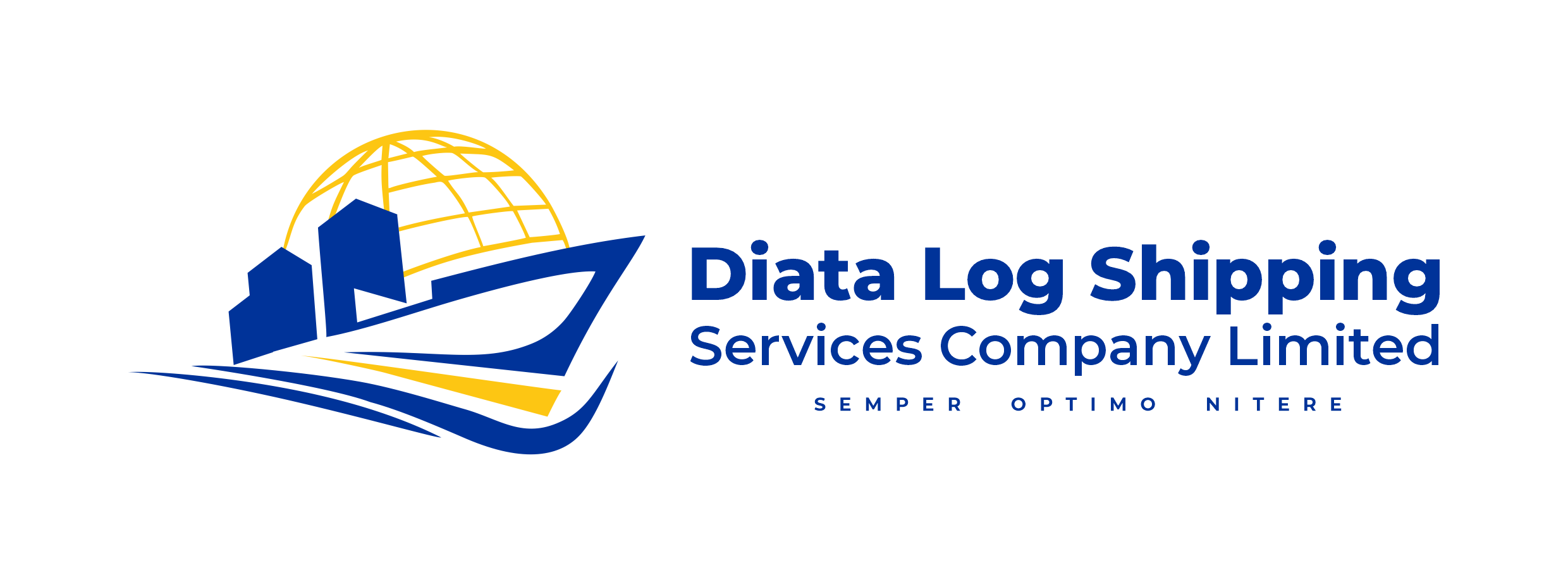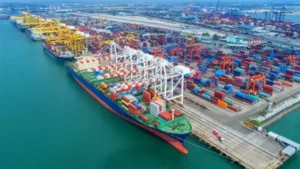The recent imposition of a 10% tariff on all imports into the United States by President Donald Trump has sent shockwaves through the global trade system. For Ghana, this move poses significant challenges to its shipping and logistics sector, particularly in key export areas such as cocoa, textiles, shea butter, and cashews.
Direct Exposure: Small Numbers, Big Stakes
Ghana’s direct exposure to the US market is relatively small, with exports valued at approximately $1.2 billion in 2024, accounting for 3.5% of its total exports. However, the impact on specific sectors is substantial. The tariffs will erase Ghana’s competitive advantage, slapping a 10% tax on goods that previously entered the US duty-free.
AGOA: A Lifeline Cut Short
The African Growth and Opportunity Act (AGOA) has been a vital instrument of US-Africa economic diplomacy, providing Ghana with duty-free access to the US market for over two decades. However, the new tariffs effectively nullify AGOA’s benefits, undermining Ghana’s industrialization efforts and job creation.
Impact on Shipping and Logistics
The tariffs will likely lead to:
– Increased Costs: Higher costs for exporters, which may be passed on to consumers or absorbed by producers, affecting profit margins.
– Reduced Demand: Decreased demand for Ghanaian exports, particularly in the US market, may lead to reduced production and employment.
– Supply Chain Disruptions: Changes in trade patterns and increased costs may disrupt supply chains, affecting the flow of goods and services.
Opportunities for Growth and Diversification
Despite the challenges, Ghana can leverage this crisis to:
– Diversify Exports: Explore new markets and products to reduce dependence on the US market.
– Invest in Trade Infrastructure: Enhance trade infrastructure, harmonize standards, and facilitate cross-border commerce to unlock intra-African trade.
– Accelerate Industrialization: Scale up manufacturing, offer tax incentives for agro-processing, and support exporters to upgrade quality, packaging, and branding.
Conclusion
The new tariffs pose significant challenges to Ghana’s shipping and logistics sector. However, with strategic planning, diversification, and investment in trade infrastructure, Ghana can mitigate the impact and emerge stronger. By leveraging opportunities in the African Continental Free Trade Area (AfCFTA) and other regional markets, Ghana can build economic resilience and reduce its dependence on a single market.
Top Image credit: QAD
#Ghana #Shipping #Logistics #Tariffs #Trade #AGOA #AfCFTA #EconomicResilience #Diversification
Ghana Ports and Harbours Authority
Ghana Revenue Authority – official




